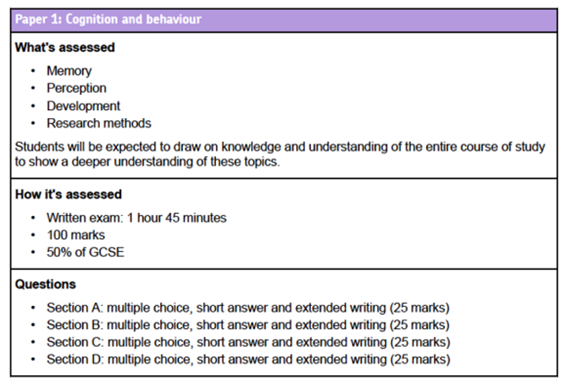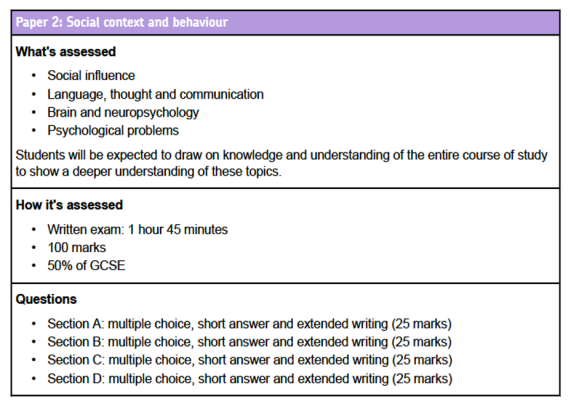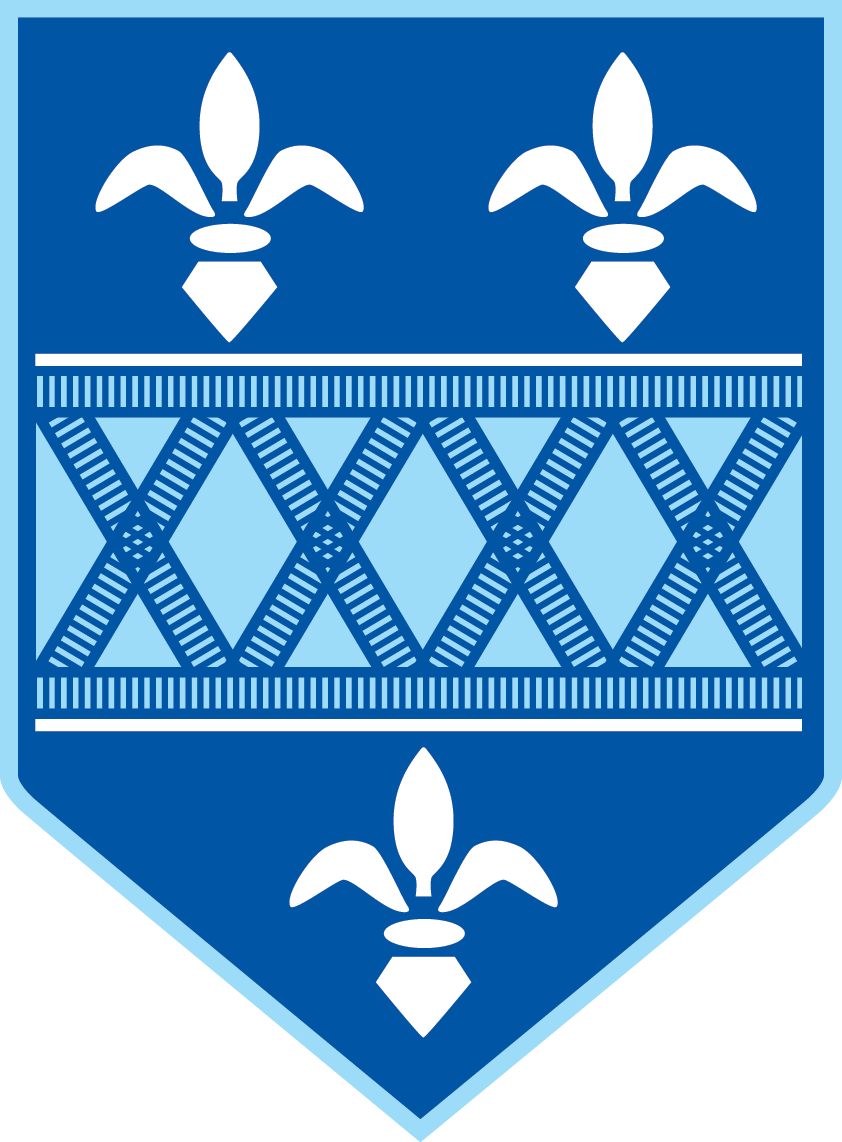Psychology
Curriculum Vision
Psychology is the scientific study of the human mind and behaviour. An education in psychology helps us to develop a better understanding of ourselves as well as the minds and behaviours of others.
Studying psychology enhances our literacy and numeracy skills, it is therefore valued in the workplace and further study. The study of psychology also teaches us to critically assess data and theories. Our intent is that the curriculum we offer here at LPGS fosters the development of numerate and literate students who can take advantage of exciting employment and further education opportunities.
Additionally, in this psychology department, our intent is to educate young people to understand and celebrate individual differences. The department seeks to equip young people with the skills to embrace differences and intelligently challenge discrimination. We implement this goal by creating a culture in students feel comfortable to critique theories and research on the basis of their own lived experiences. Students will be aware that the theories and research they study are supposed to explain life, not dictate it. Students who study psychology with us feel supported and confident challenging established theories on the basis of their own experiences.
Studying psychology at LPGS will provide you with:
-
A broad psychological education, across all psychological approaches (behavioural, cognitive, psychodynamic, biological and humanistic)
-
Skills of critical analysis and evaluation
-
The ability to create a well-structured essay
-
An understanding of individual differences, opening your eyes to the beautifully diverse world
-
Competence in designing and reporting investigations, analysing and interpreting data
-
An awareness of key issues and debates in Psychology
-
A greater interest in self-discovery
A video introduction to our Psychology course in LPGS6 (our co-educational Sixth Form)



